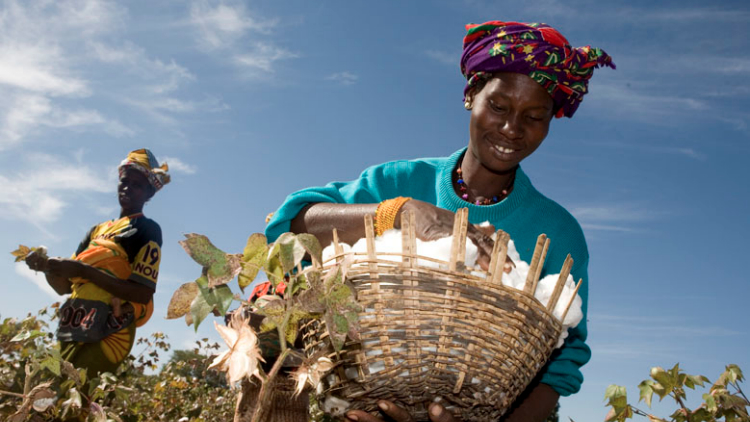Can Family Farming Make Poverty History?
By Katie Pisa | Aug 10, 2013

In just 12 years leading up to 2010, Vietnam cut the country’s malnutrition rate in half by investing in small scale farming.
Poverty in the country has plummeted from 58 percent in 1993 to 18 percent by 2006, says development charity Oxfam, who cites the Asian country as a exceptional model for others around the world.
Vietnam went from being a rice importer to the second biggest exporter of rice in the world. “The magic formula is political will and vision,” says Hannah Stoddart, head of economic justice policy at Oxfam GB. “Planning a government strategy and making sure the investment gets to those who need it most is the key,” she says.
Smallholder farming, a term used for small scale or family farming, is in fact the best way to describe 500 million farms globally where two billion people live and work.
The term includes a wide range of producers from the most marginal and impoverished to those working in markets at a local, national or international level. Very often these farmers are women who must work to provide the food for their families.
Oxfam is a staunch believer that smallholder farming is the way forward. “All evidence in small scale farming, family farming on small plots of land, show it is one of the surest ways to relieve poverty,” says Stoddart.
Fair trade success
In Malawi, one of Africa’s poorest countries, thousands of farmers are now part of the Fairtrade International (FLO) group, farming mainly tea, coffee, sugar and ground nuts.
“Malawi is the first of its kind in Africa to have a fair trade network, and there is a lot of interest in how we are doing it,” says Frank Olok, network coordinator for the Malawi Fairtrade Network. In the last 18 months, many have seen their hardships turn into success, says Olok, who serves as the liaison between many farmers and the FLO.
Read more: http://edition.cnn.com/2013/07/05/world/can-family-farming-make-poverty-history/index.html?hpt=hp_c4












